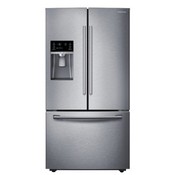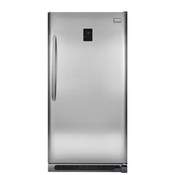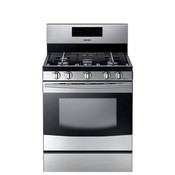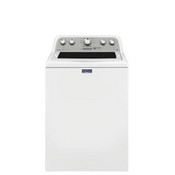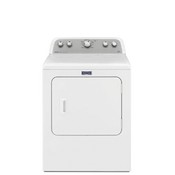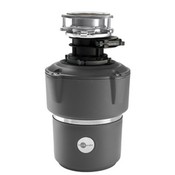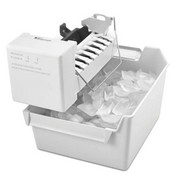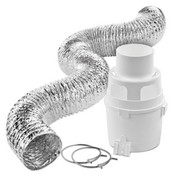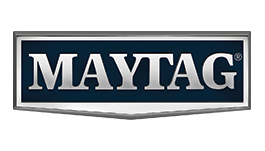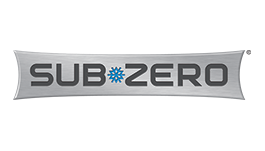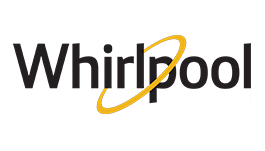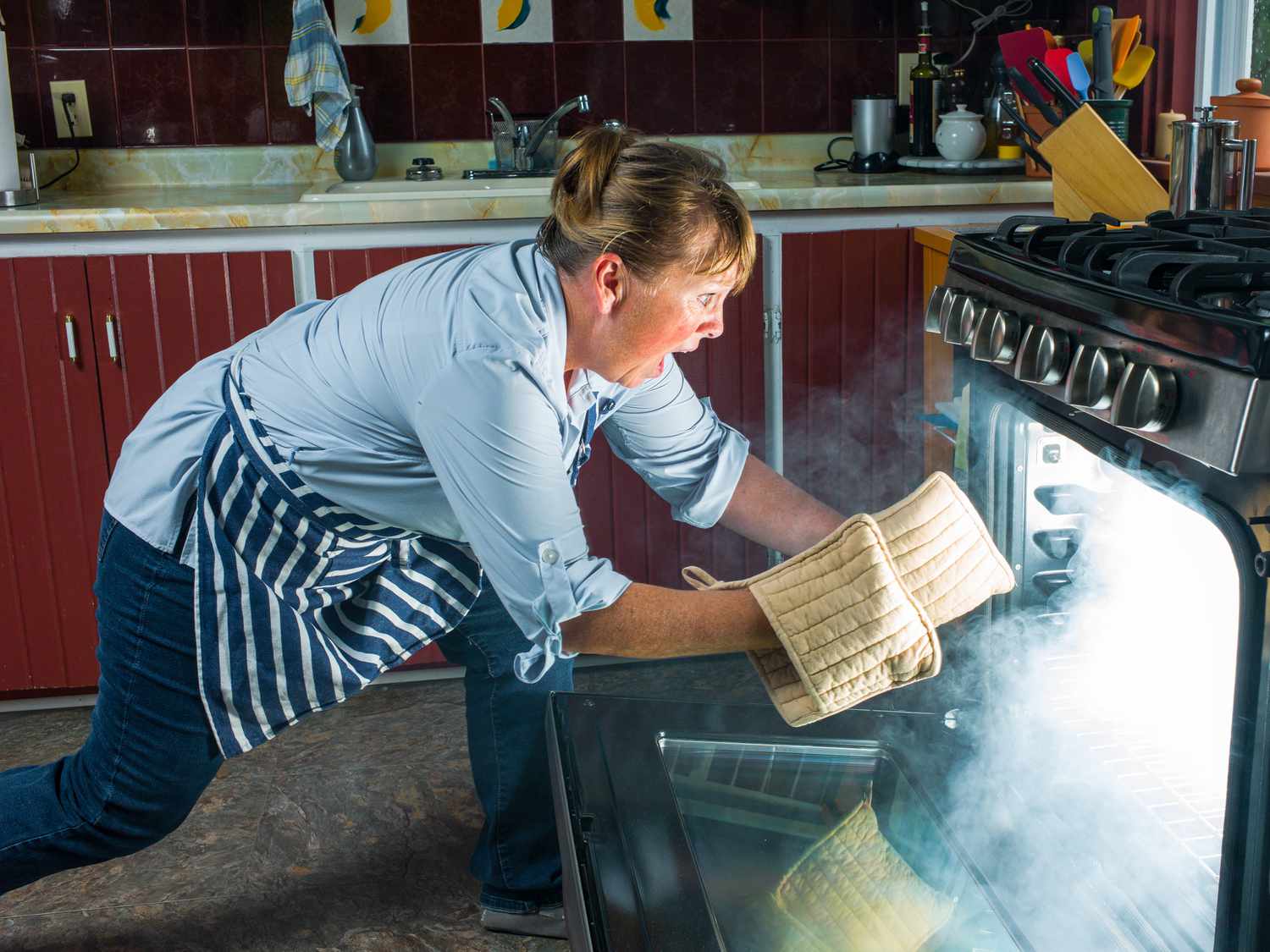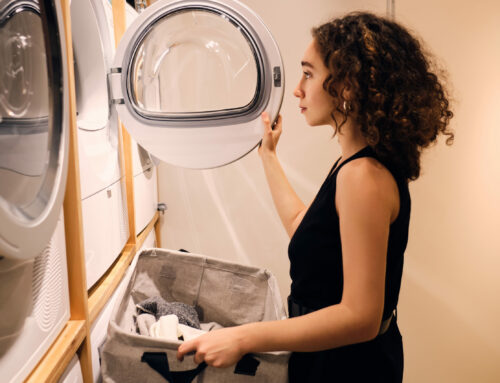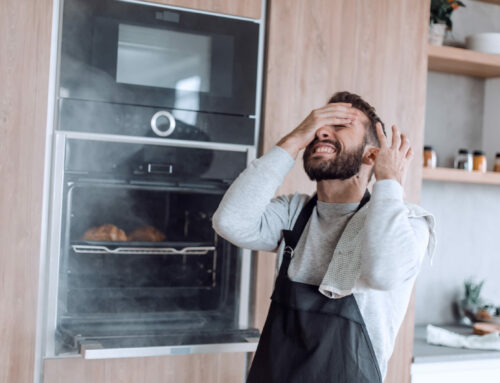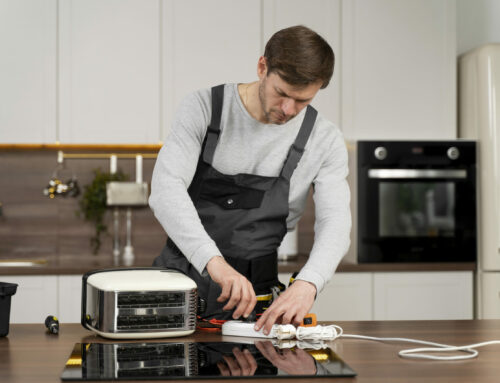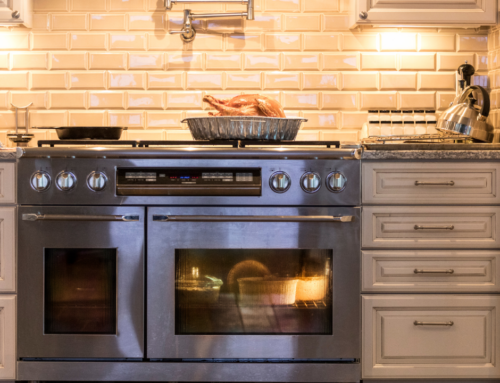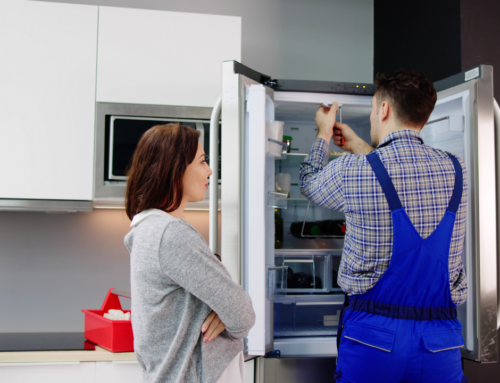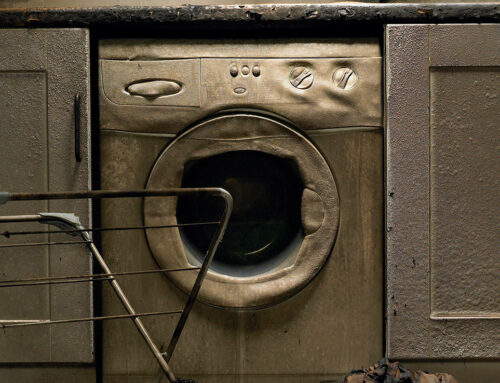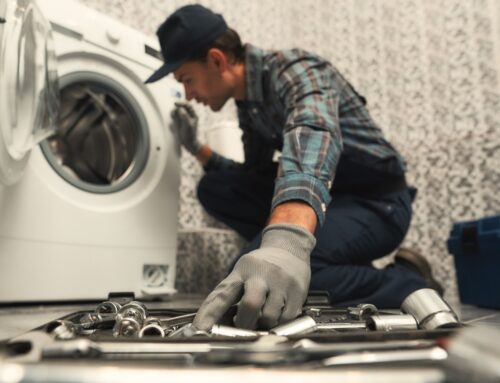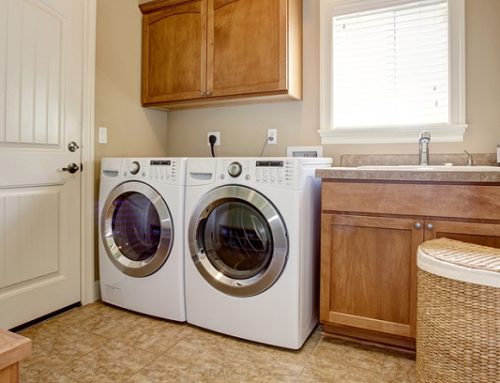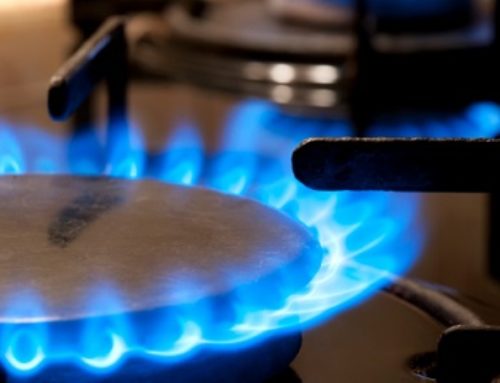Maintaining a clean oven is essential for both hygiene and optimal cooking performance. With the convenience of modern oven technology, many homeowners turn to the self-clean feature as a solution. However, while self-cleaning ovens offer convenience, they also come with their own set of pitfalls that could leave you with more than just a clean oven.
What is Oven Self-Cleaning?
Before looking into the pitfalls, let’s understand what oven self-cleaning actually entails. Most modern ovens are equipped with a self-clean feature that uses extremely high temperatures (reaching up to 900°F or 482°C) to burn off food residue and grease, turning them into ash. This process is intended to make cleaning the oven easier for you by simply wiping away the ash residue once the cycle is complete.
The Temptation and Its Pitfalls
1. High Temperatures Come With High Risk
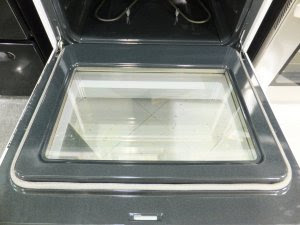
2. Foul Odors and Smoke
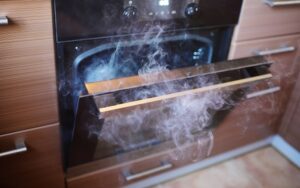 Expecting a clean and fresh-smelling kitchen after a self-clean cycle? Think again. As the oven reaches scorching temperatures, any food residue or grease trapped inside will burn off, releasing foul odors and sometimes even smoke into your kitchen. This can be particularly problematic for those with sensitive respiratory systems or pets in your home.
Expecting a clean and fresh-smelling kitchen after a self-clean cycle? Think again. As the oven reaches scorching temperatures, any food residue or grease trapped inside will burn off, releasing foul odors and sometimes even smoke into your kitchen. This can be particularly problematic for those with sensitive respiratory systems or pets in your home.
3. Hidden Hazards
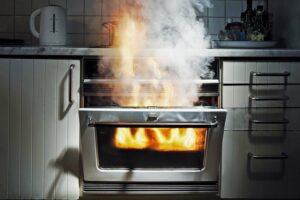 It’s easy to assume that once the self-clean cycle is complete, your oven is safe to use immediately. However, residual ash and fumes may linger inside the oven even after the cycle has finished. Inhaling these fumes or accidentally ingesting ash residue can pose health risks. Additionally, if any food or grease residue is not completely incinerated during the cycle, it could become a fire hazard the next time you use your oven.
It’s easy to assume that once the self-clean cycle is complete, your oven is safe to use immediately. However, residual ash and fumes may linger inside the oven even after the cycle has finished. Inhaling these fumes or accidentally ingesting ash residue can pose health risks. Additionally, if any food or grease residue is not completely incinerated during the cycle, it could become a fire hazard the next time you use your oven.
Safe Alternatives to Self-Cleaning
Given the potential risks involved, it’s important to look into safer alternatives for oven cleaning. Here are a few tips to keep your oven clean without relying on the self-clean feature:
Regular Maintenance: Clean spills and splatters as soon as they occur to prevent buildup. Regularly wipe down the interior of the oven with a mild detergent and warm water.
Natural Cleaners: Opt for natural oven cleaners or homemade solutions using ingredients like baking soda and vinegar. These are effective at breaking down grease and grime without exposing you to harmful fumes.
Professional Cleaning: Consider hiring a professional oven cleaning service for a thorough and safe cleaning experience. They have the expertise and equipment to tackle even the toughest oven stains without risking damage to your appliance.
While oven self-cleaning may seem like a quick fix for maintaining a clean oven, it’s essential to weigh the potential pitfalls against the benefits. By understanding the risks involved and exploring safer alternatives, you can ensure that your oven stays clean and functional for years to come, without compromising your safety or the integrity of your appliance.
Remember, when in doubt, it’s always best to consult with appliance repair professionals, such as our team, who can provide guidance on the safest and most effective cleaning practices for your oven. Your kitchen—and your wallet—will thank you in the long run!

